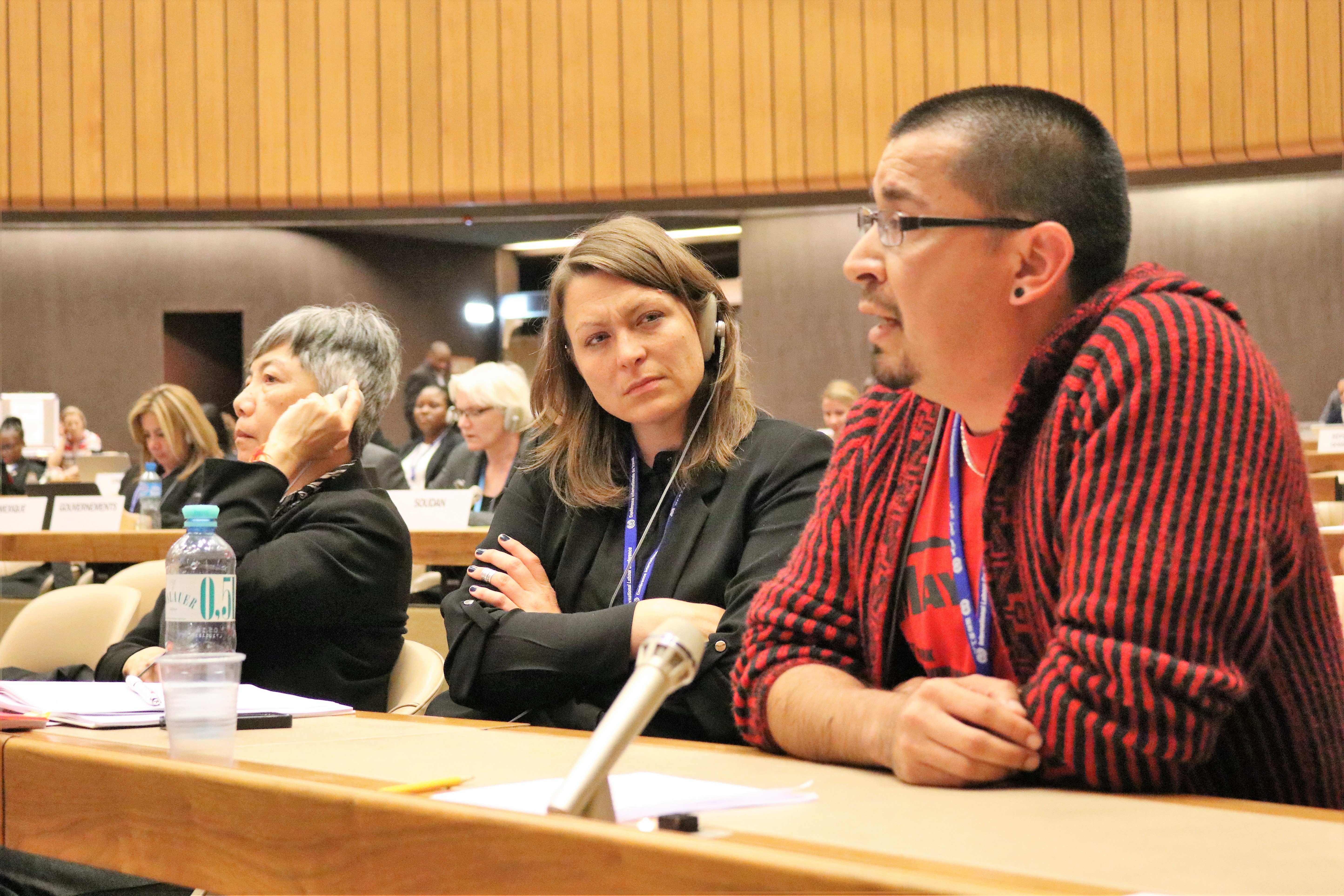
As it does every year, the IYCW attended the 106th session of International Labour Conference held in Geneva in June 2017. Below is the IYCW-WSM joint statement on labour migration, read by Antonio Zela, a YCW activist from Paraguay and continental coordinator.
“I thank you on behalf of the International Young Christian Workers (IYCW) and World Solidarity (WSM) for giving me the opportunity to make a joint statement to this Committee. We would also like to thank the Office for the report prepared for this general discussion.
I propose to start with a testimony of an IYCW member, which illustrates the difficulties faced by labour migrants:
“My name is George Verzosa, I come from the Southern part of the Philippines. The bad situation of employment in my home country forced me to work abroad. I found an agency and was assigned to work in the Kingdom of Saudi Arabia (KSA). I had to pay many fees. I read the contract and it looked fine, so I signed it. When I arrived there, I worked in a restaurant. But the contract I had signed was not respected. They didn’t give me the basic salary as stated in the contract, no overtime pay, no days-off and my working hours were excessively long.
With my colleagues, we decided to speak with our Arab employer. He asked us to return to our working area and threatened to cut our salaries if we didn’t work properly. A few days later they asked me to pack my things and I was deported back to the Philippines without getting my last one and a half months' salary.”
As we all know, George’s case is not the only one. It shows the hardships that men and women migrant workers face every day, whether they are internal or international migrants or they end up in high, middle or low-income countries. These difficulties affect above all the most vulnerable, particularly the youth, women and undocumented workers. The processes of worldwide migration are consequences of global disasters such as the imbalance of access to resources, geographically different employment rates, wars or natural disasters. All of these are global challenges and require global responses.
Distinguished delegates, migration is too often seen as a threat and as an economic cost which is not sustainable for countries. However, some research clearly suggests that migrants support social and economic development in their country of destination by paying taxes and contributing to social security, as well in their country of origin by sending remittances and strengthening capacities.
Our appeal is therefore clear and unambiguous: migratory justice! States must develop migration policies which are more humane, socially just and politically coherent. A new vision of migration should rest on four basic principles:
- Respect for fundamental rights and international laws;
- Equality and equity of conditions and opportunities for all migrants as for national citizens.
- Solidarity, which means prioritizing the most vulnerable.
- Stricter mechanisms to sanction violation of fundamental worker’s rights and international laws.
First of all, migrant workers must enjoy the same rights as national workers, including the freedom to choose by themselves a suitable job and to change employers on their own initiative. This right is often violated, particularly in the countries bordering the Persian-Arabian Gulf. Non-discrimination is strongly rooted in the international human rights treaties. Therefore, migrant workers must have access to all as well as reliable information about their rights.
ILO Conventions 97 and 143 and the International Convention on the Protection of the Rights of All Migrant Workers and Members of their Families clearly guarantee migrant workers’ rights. We encourage States to ratify them and the ILO to achieve this.
Organizing migrant workers is key for the full enjoyment of their rights. Unfortunately, in many countries, the regulatory frameworks concerning freedom of association for migrant workers are too restrictive. We ask all the delegates to actively establish links with migrants’ organizations to undertake joint actions and to ensure that their concerns are covered in inclusive social dialogue.
Building solidarity rests on guaranteeing the fundamental right to social protection for all workers, including migrant workers. That is why we demand to establish national, comprehensive, and largely supported social protection policies for all.
In this context, we encourage the ratification of bilateral agreements between States for the enjoyment of an integral social protection for migrants in the host countries in accordance with Recommendation 202 and Convention 102. We also propose that the countries of origin put in place “funds for migrants’ well-being” with a view to cover the specific costs related to migration such as repatriation in the event of death or illness. The countries of origin and the host countries must contribute to finance these funds.
For a better respect of labour rights, we also insist on the importance of ensuring equitable recruitment through a strict regulation of recruitment agencies, the total removal of recruitment costs as well as the establishment of sanctions for the abuses committed.
Furthermore, safe and legal routes of migration must be established and strengthened.
The institutions in charge of labour inspection should also be strengthened. Indeed, they are privileged instruments to combat the massive violations of labour rights. In this regard, safe and accessible complaint mechanisms should be established to enable migrant workers to denounce abuses on the workplace, protecting their jobs and their physical integrity as workers.
I thank you for your attention.
WSM & IYCW
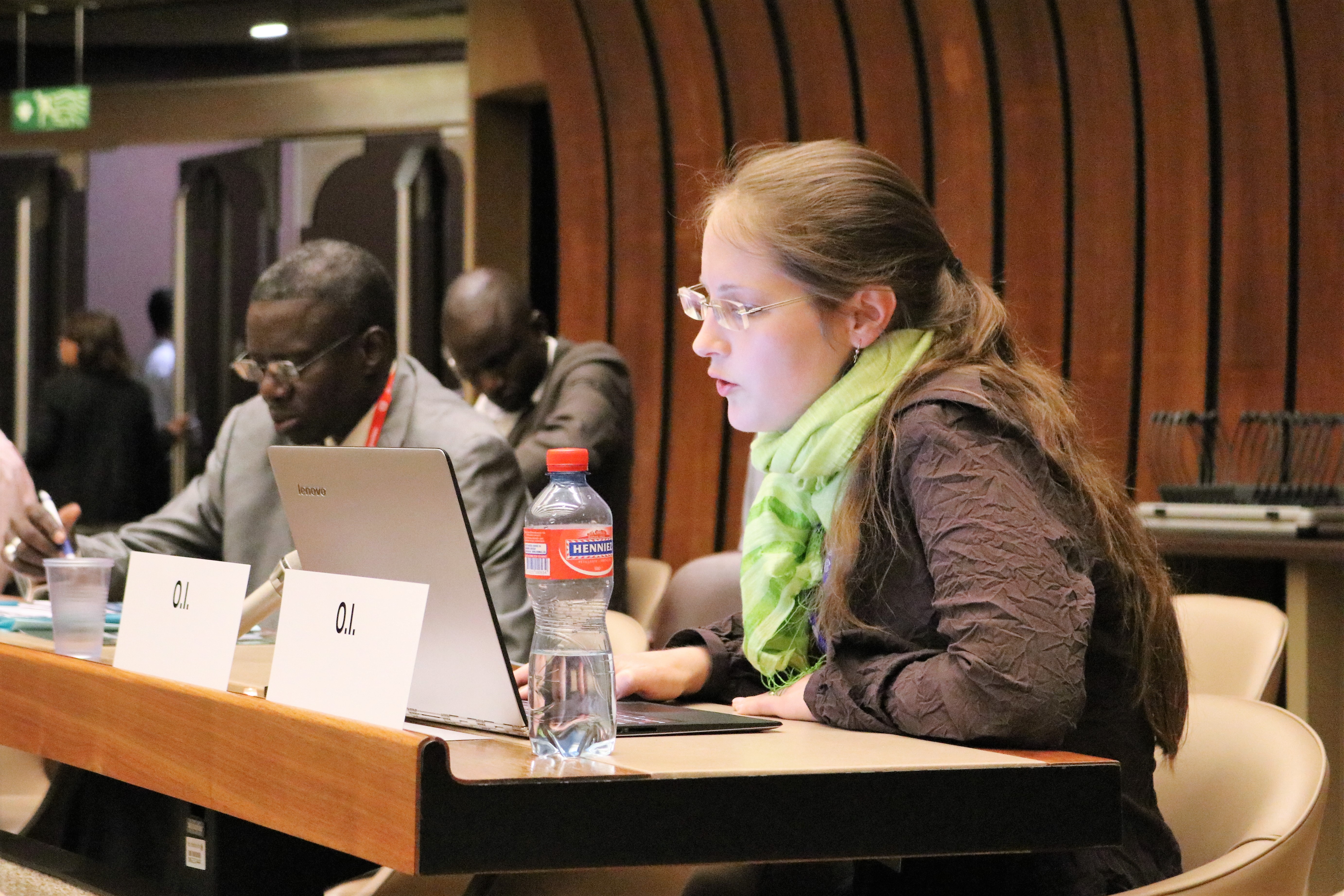
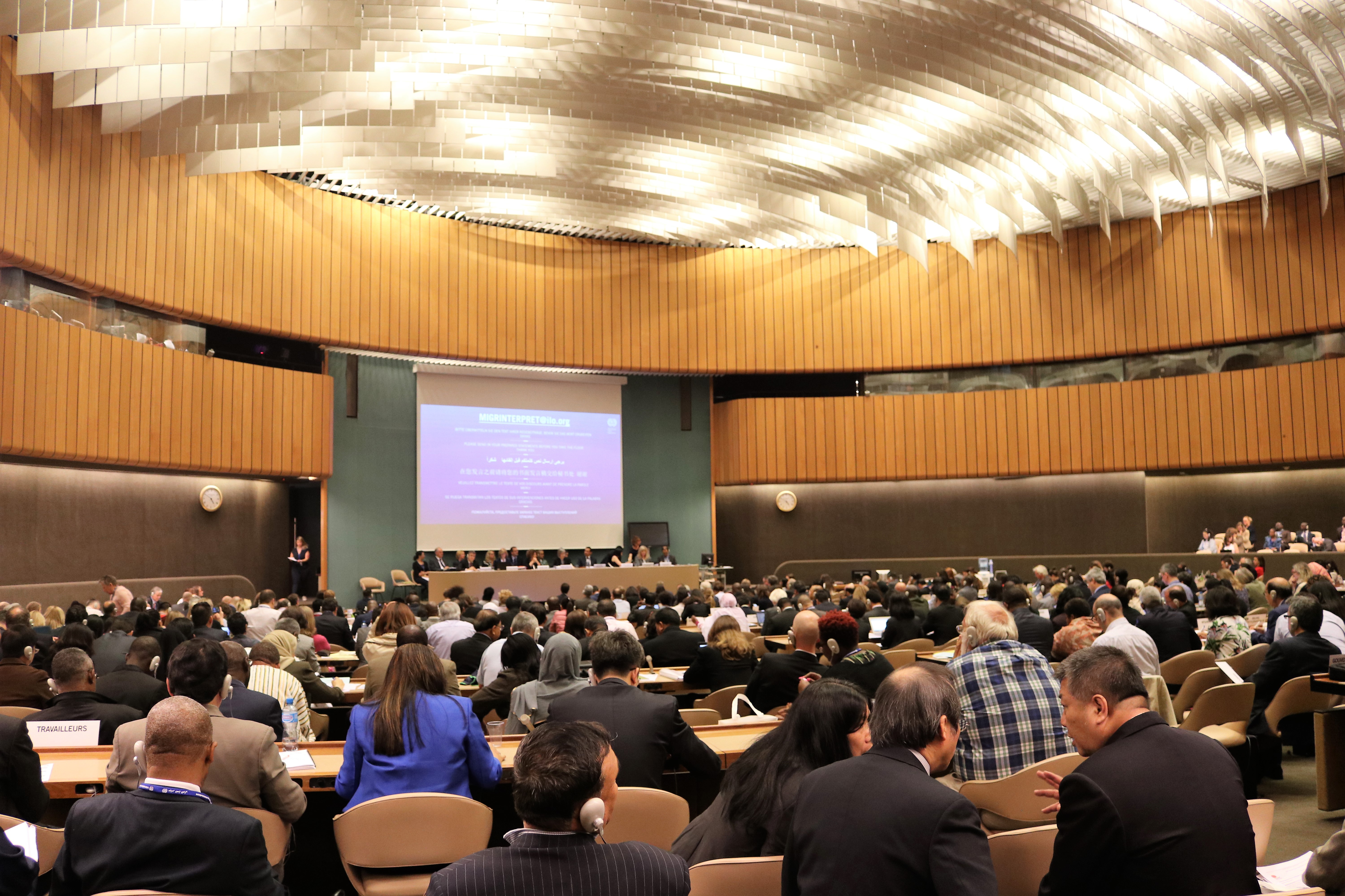

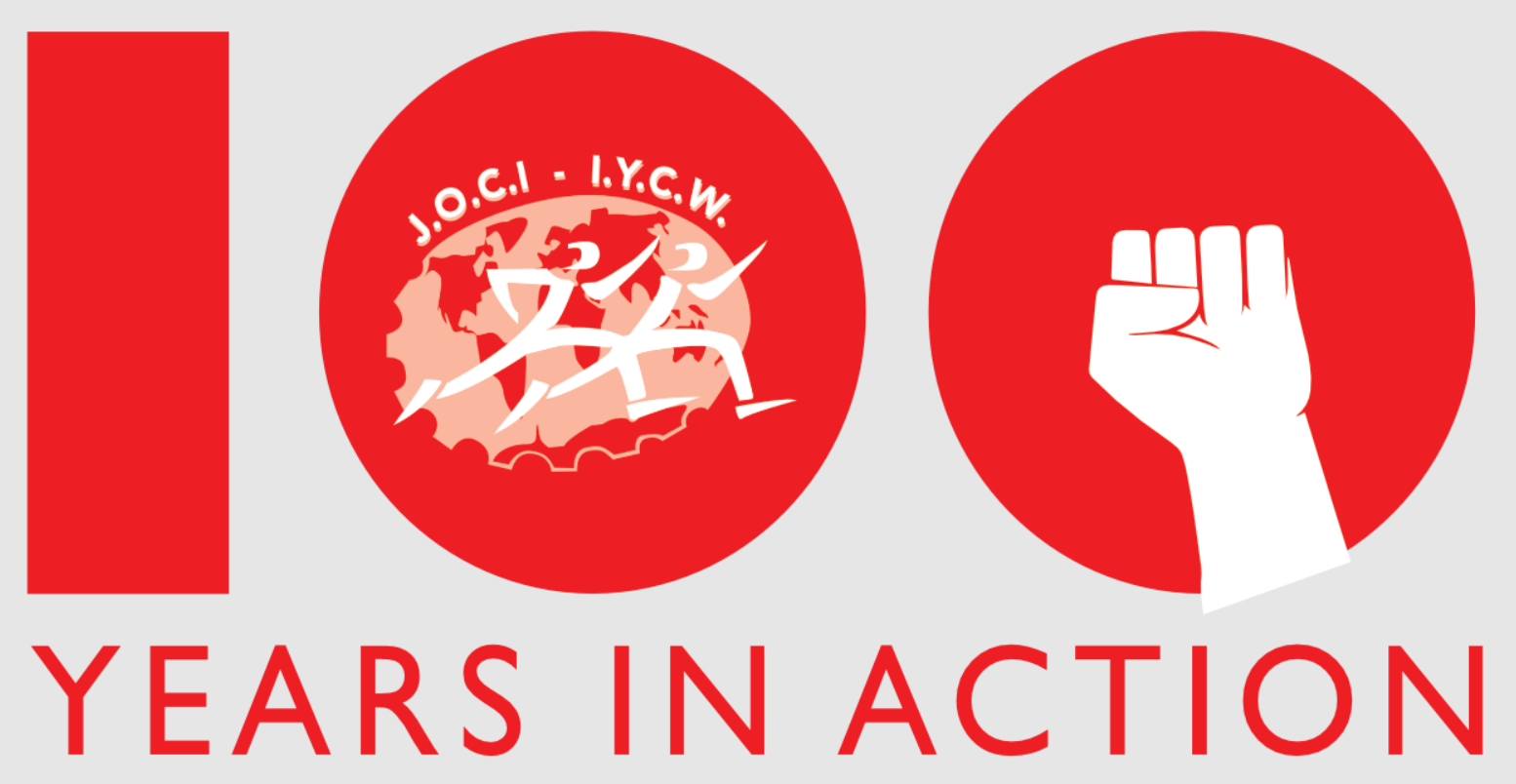
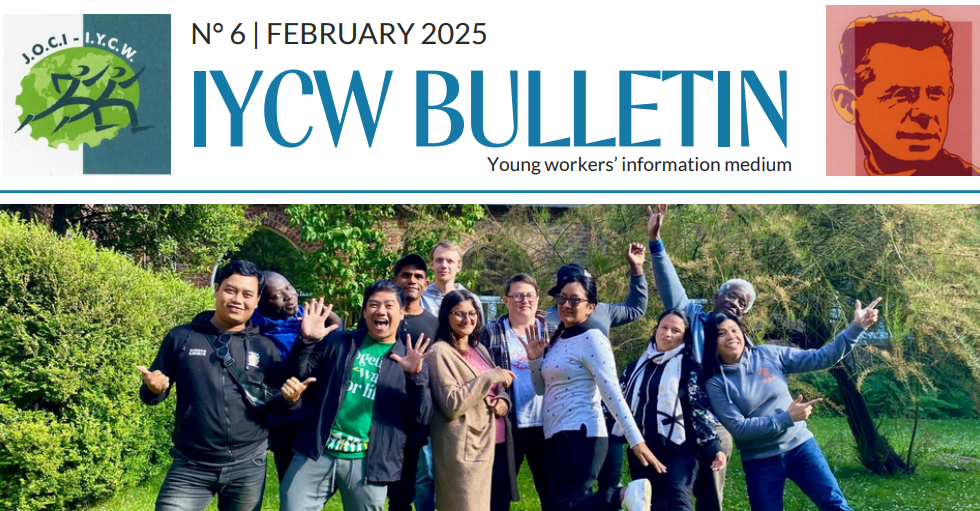

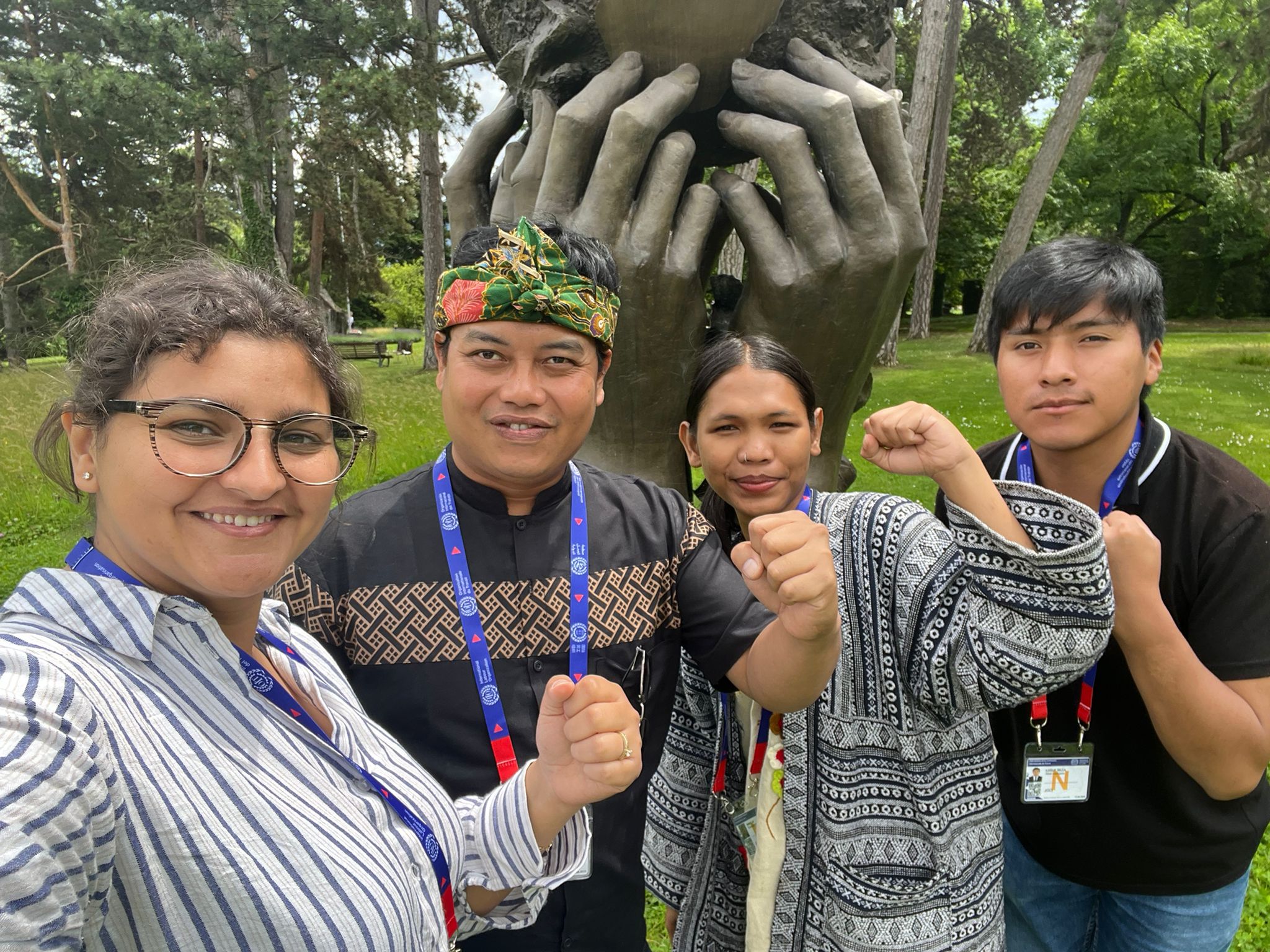
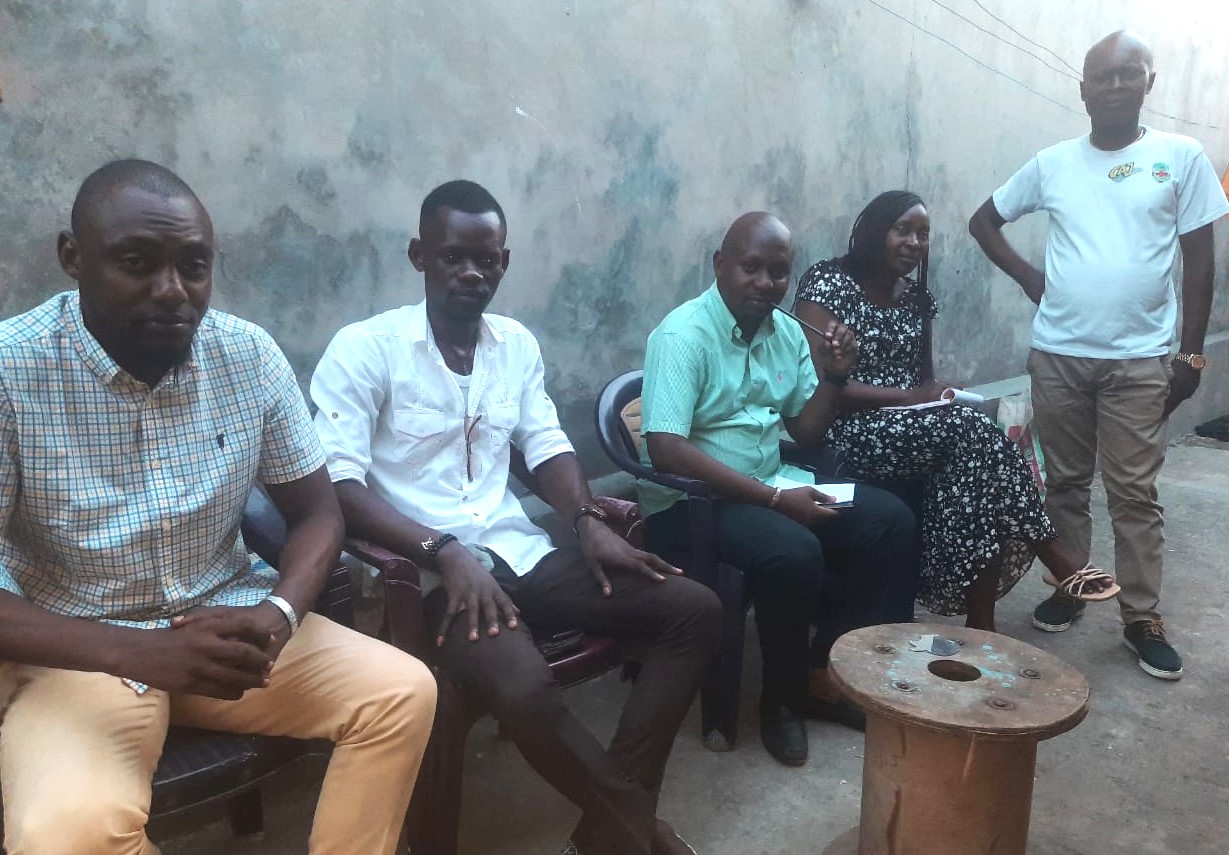

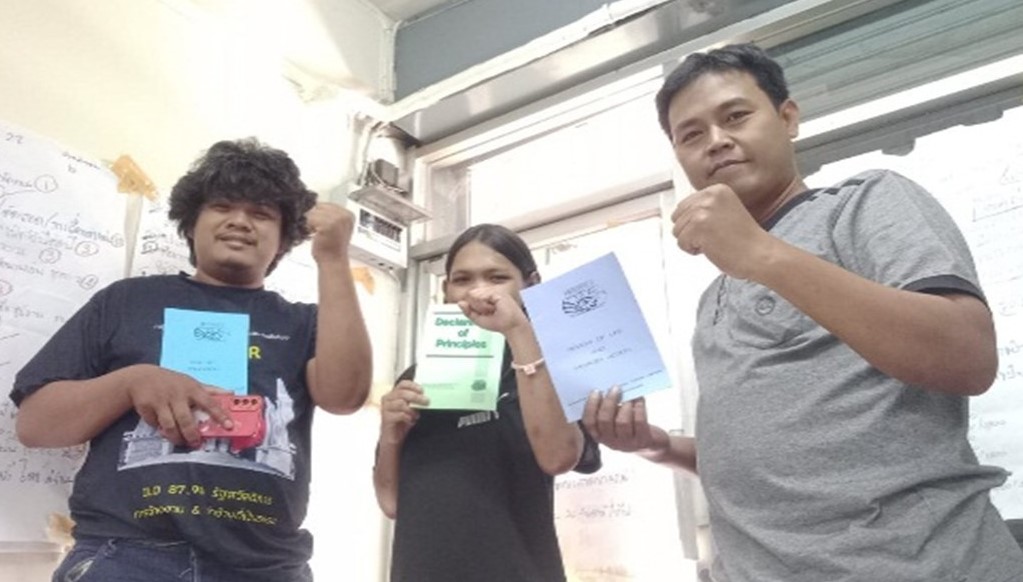
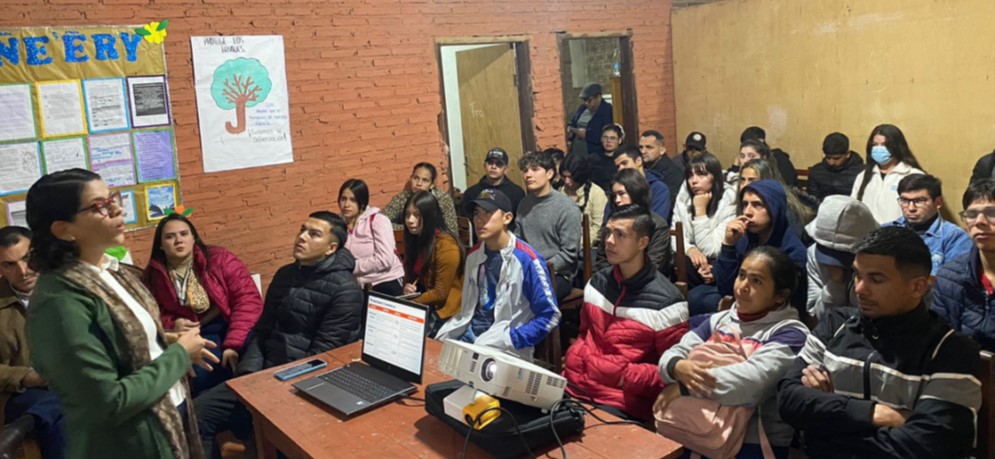
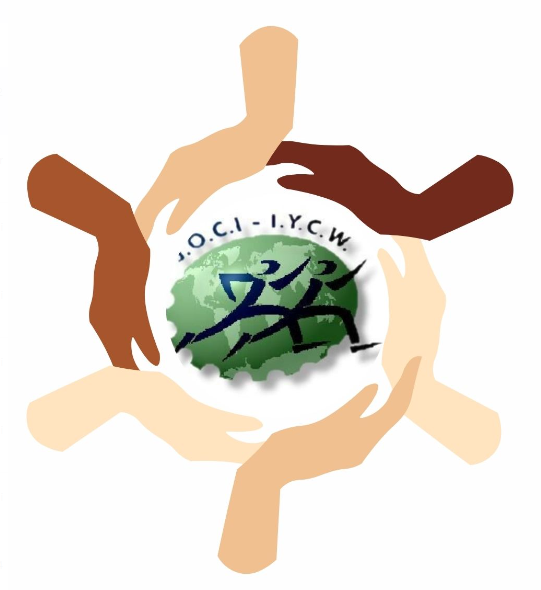

 English
English  Español
Español  Français
Français